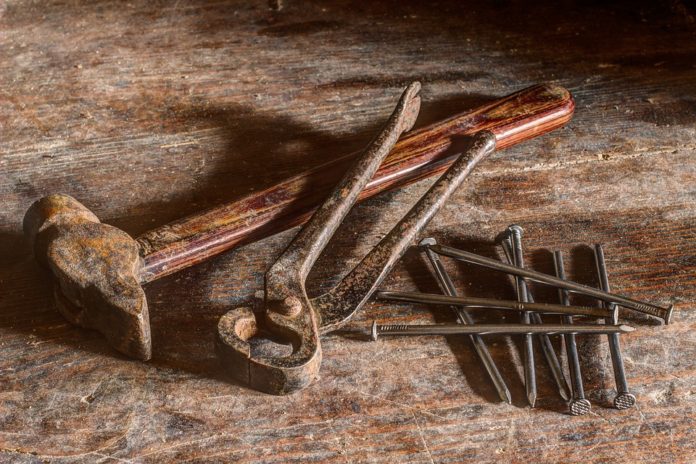With regular service and maintenance, a well-designed commercial HVAC system will serve you well for about 15 to 20 years. After this period, it’s usually time to consider a replacement. But in some cases, the end comes much sooner which leaves owner questioning whether they should replace the whole unit or go for repairs instead. Let’s take a look at some of the signs that your HVAC equipment has to be replaced.
Are Your Utility Bills High?
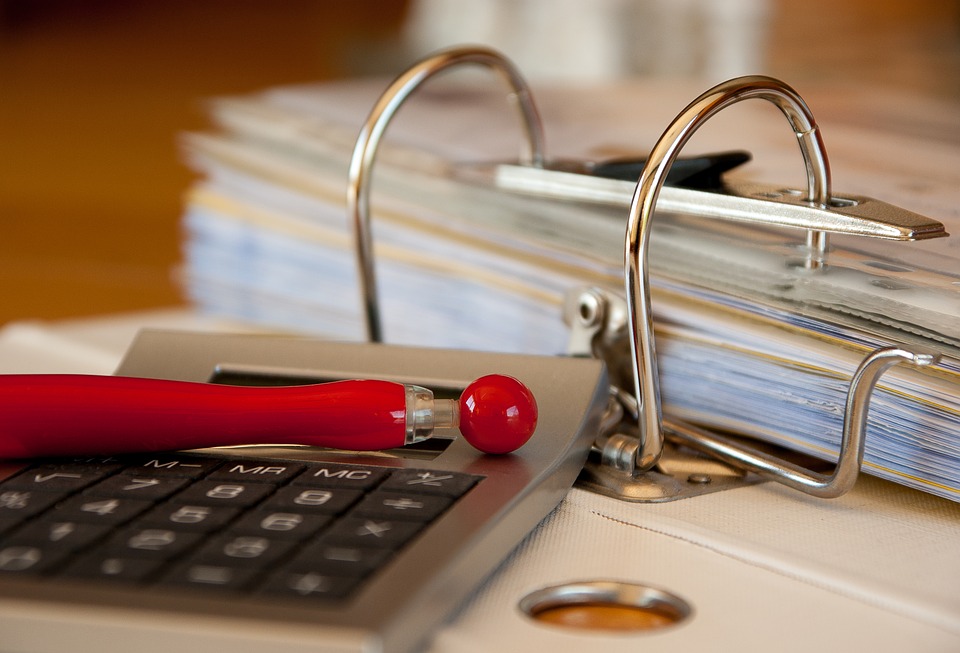 As long as your HVAC system runs efficiently, it will consume a steady and predictable amount of energy every month. Your utility bill will, therefore, remain more or less the same during this period. So, when you notice a chronic, abnormal spike in your energy bill, call the maintenance crew. Your system is working harder than usual to produce the same results. And if the utility bill remains high – even after you’ve serviced the HVAC equipment – know that the system has reached the end of its useful life.
As long as your HVAC system runs efficiently, it will consume a steady and predictable amount of energy every month. Your utility bill will, therefore, remain more or less the same during this period. So, when you notice a chronic, abnormal spike in your energy bill, call the maintenance crew. Your system is working harder than usual to produce the same results. And if the utility bill remains high – even after you’ve serviced the HVAC equipment – know that the system has reached the end of its useful life.
Are You Experiencing Uneven Heating and Cooling?
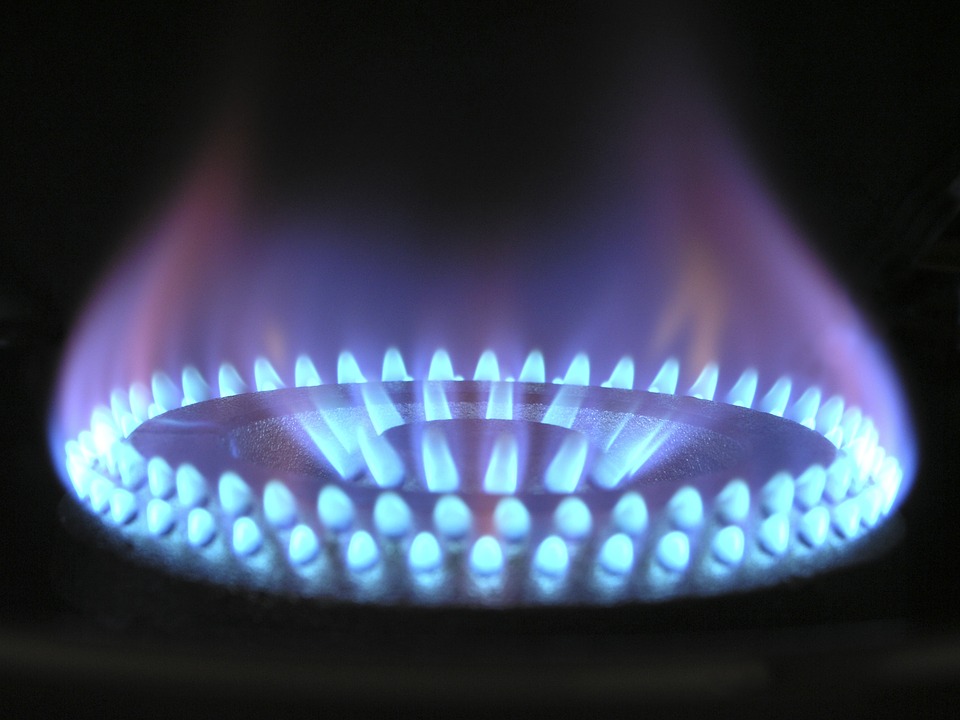 Even temperatures in a room or throughout your business premise are a tell-tale sign that your HVAC equipment works just fine. So, when one part of a room is unexpectedly cooler or hotter than the other, the equipment is failing and in need of repair. Ideally, servicing should fix the problem, but if the temperature differences persist, it’s time to install a new system.
Even temperatures in a room or throughout your business premise are a tell-tale sign that your HVAC equipment works just fine. So, when one part of a room is unexpectedly cooler or hotter than the other, the equipment is failing and in need of repair. Ideally, servicing should fix the problem, but if the temperature differences persist, it’s time to install a new system.
You should also make sure that you listen to your employees as well. They will usually have a good idea of temperature fluctuations in the office. If you start getting complaints about it being constantly too hot or too cold, listen to them and see for yourself if there’s really an issue.
Does Your Equipment Make Unusual Noises?
 Although HVAC manufacturers design their systems to be a quiet as possible, the equipment still makes a dull, humming noise. But this is all you should hear. Any louder sounds indicate that something is amiss with your system. In particular, watch out for squealing, grinding, or clanking noises, which point to a system breakdown. Address them immediately if you can, but also prepare to replace your equipment. More often than not, overly loud systems need to be replaced.
Although HVAC manufacturers design their systems to be a quiet as possible, the equipment still makes a dull, humming noise. But this is all you should hear. Any louder sounds indicate that something is amiss with your system. In particular, watch out for squealing, grinding, or clanking noises, which point to a system breakdown. Address them immediately if you can, but also prepare to replace your equipment. More often than not, overly loud systems need to be replaced.
Does Your System Emit Unusual or Foul Odours?
 Never ignore any unusual or foul odors coming from your HVAC equipment. Not only do they reduce air quality, but they can also cause airborne diseases. What’s more, they point to a partial or complete system failure. So, expect to replace the equipment as systems that emit odors are almost always very old and beyond repair.
Never ignore any unusual or foul odors coming from your HVAC equipment. Not only do they reduce air quality, but they can also cause airborne diseases. What’s more, they point to a partial or complete system failure. So, expect to replace the equipment as systems that emit odors are almost always very old and beyond repair.
Also, besides providing heated or cool air throughout the premises, your HVAC’s job is also to enhance ventilation. A well-functioning system should be able to improve overall air quality by removing dust, dirt, dander and other debris, as well as controlling humidity. If you see more dust
bunnies around the office, then chances are your HVAC system is at fault, especially if it’s an older unit. So, if that’s the case, then you should consider going for a replacement.
Is the Exhaust System Losing Too Much Energy?
 Even the best HVAC system loses some energy through the exhaust, but never to the point of affecting your utility bill. Granted, older systems are 50% to 80% less efficient than modern equipment. But when energy losses make your system too expensive to run, get a new efficient replacement.
Even the best HVAC system loses some energy through the exhaust, but never to the point of affecting your utility bill. Granted, older systems are 50% to 80% less efficient than modern equipment. But when energy losses make your system too expensive to run, get a new efficient replacement.
Can You See Visible Signs of Deterioration?
Old equipment shows obvious signs of deterioration. A closer look easily reveals rust on the piping and even on the appliances. In addition, the air in your premises will be humid, and the windows and walls, moist. When this happens, don’t bother trying to repair your HVAC system. Replace it instead.
Cabinetry should be in good condition and fastened correctly to make sure that any leakage in or out the unit is minimized. You should also make sure that the filters are clean as well. If you have restricted or clogged filters, your system’s efficiency will see a significant drop. You should also give the coils a good check and see if you can spot any debris, dirt or evidence of physical damage. Bent, restricted or damaged coils will end up restricting air flow, which will, in turn, reduce your unit’s efficiency and lead to higher operating costs.
Is Your Equipment 15 to 20 Years Old?
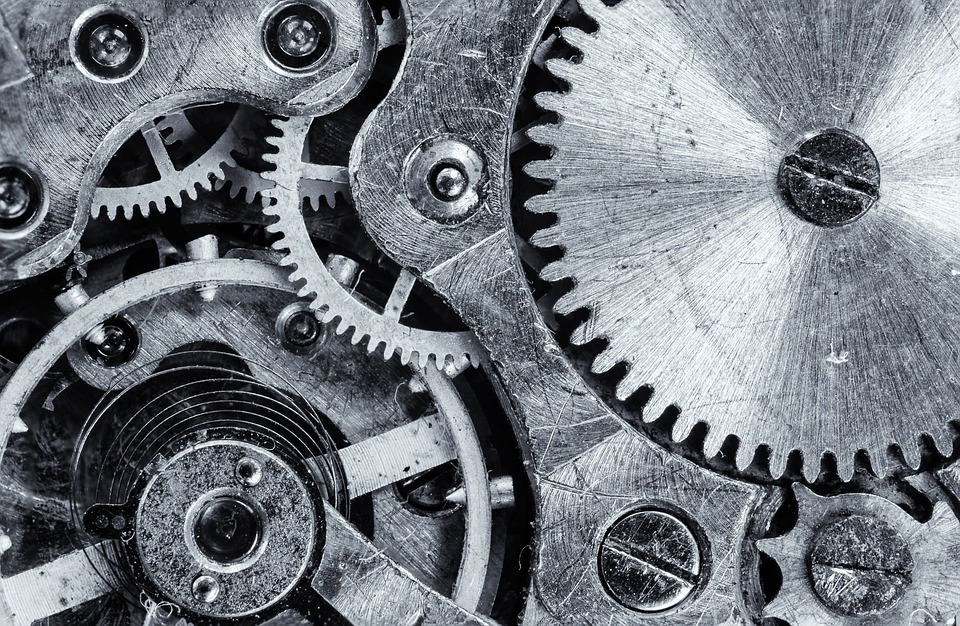 As mentioned earlier, the useful life of commercial HVAC systems is usually 15 to 20 years. Try as you may to service old equipment, you’ll never increase its lifespan beyond the two decades. Even if it seems minor, it is always a good idea to consider a replacement instead. Also, issues on older units are less likely to be resolved with regular maintenance. So, if that’s the case, you might as well start looking for HVAC contractors to replace it.
As mentioned earlier, the useful life of commercial HVAC systems is usually 15 to 20 years. Try as you may to service old equipment, you’ll never increase its lifespan beyond the two decades. Even if it seems minor, it is always a good idea to consider a replacement instead. Also, issues on older units are less likely to be resolved with regular maintenance. So, if that’s the case, you might as well start looking for HVAC contractors to replace it.
Has it Been Poorly Maintained?
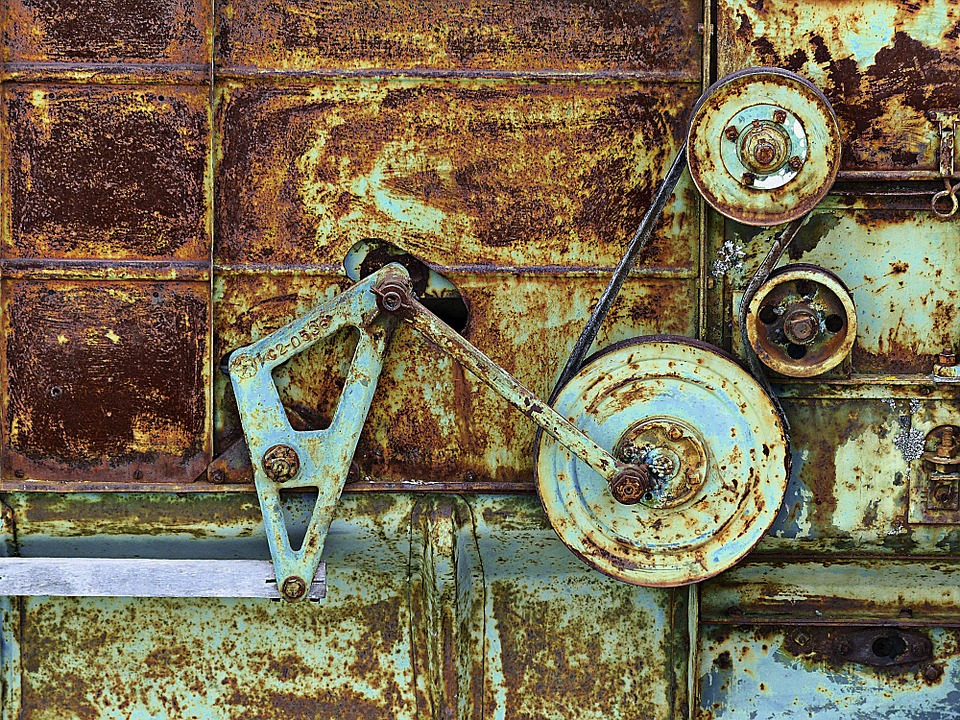 Equipment that has been poorly maintained will usually have a much shorter time span than other units. Ideally, you should have a complete history of your system, which should include records on the original installation, repairs, and periodic maintenance. If you don’t have this data on hand, then you should contact a contractor immediately for an inspection and let them know that you are currently evaluating whether you should completely replace your unit or repair it. Once the inspection is completed, the contractor will usually give their assessment and whether your unit just needs maintenance, repairs, or needs to be completely overhauled.
Equipment that has been poorly maintained will usually have a much shorter time span than other units. Ideally, you should have a complete history of your system, which should include records on the original installation, repairs, and periodic maintenance. If you don’t have this data on hand, then you should contact a contractor immediately for an inspection and let them know that you are currently evaluating whether you should completely replace your unit or repair it. Once the inspection is completed, the contractor will usually give their assessment and whether your unit just needs maintenance, repairs, or needs to be completely overhauled.
Ideally, you should have a file for every piece of equipment. If you don’t already, then you should start one. Make sure that you also have the manufacturer’s serial number and model, site or individual unit reference numbers, operating and installation information, information on the warranty and contractor or factory-backed maintenance agreements and service.











